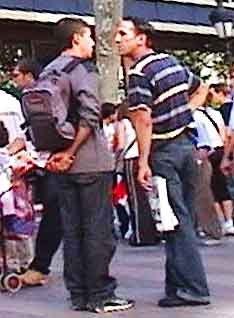
I watched the first two episodes of Fox Network’s new television program Lie to Me, whose main character is loosely based on Paul Ekman, the world’s foremost expert on facial micro-expressions and how to spot when someone is lying. This is an intriguing, new subject to the majority of us. Call it a sexy science. Who wouldn’t like to immediately realize when his mate or partner is fibbing or deceiving him? And wouldn’t we like to ask our financial advisors: “have you ever swindled or cheated any of your previous customers?”
The bad guys, too, want to know how to manipulate their expressions when asked “where were you on the night of April 18?” Will this program suddenly shed light on surveillance and interrogation techniques that have previously been shrouded in mystery? It’s said that Paul Ekman is or has been working for the NSA. It’s confirmed that he’s involved in the structure of a limited program for TSA, in which screeners are supposed to detect irrational behavior in passengers that could indicate terrorist activity, signaling the need for additional and deeper screening of their luggage.
Dr. Ekman has spent a lifetime studying micro-expressions. What’s the chance a TSA employee will be able to utilize Ekman’s lessons after only basic training? Recent media on these issues has not revealed that our intelligence community has caught individuals with bad intent trying to slip past TSA, be they criminals or terrorists.
Thieves’ body language—
before, during, and after a steal
(Photos enlarged from video frame grabs)
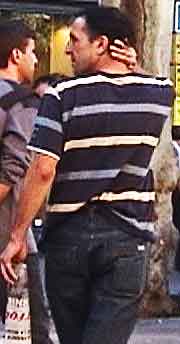
But why would NSA or our government want to give precise answers on this and tip off the other side? Criminals (and terrorists) are quick to pick up counter-moves by law enforcement, and they use every loophole and weakness to foil our security barriers.
There’s no question, however, that alert and well educated security personnel, whether border guards, TSA employees, or police offers, have gained enormous benefit from training in body language analysis. Most police departments across the country have regular courses in this subject—but not in micro-expressions, the theme of the new television show. The courses often originate out of Israel, a country with enormous experience in security. Where else can one study videos of suicide bombers approaching a checkpoint, hotel lobby, or restaurant? Interrogation courses delve into the same techniques but focus more on verbal questions and the reactions of the guilty versus not-guilty.
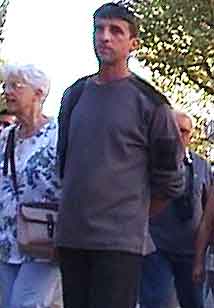
The debate nowadays about interrogation and modern techniques of getting the truth out of suspected terrorists or, maybe equally important, financial gurus, is intense. Maybe we need to design questionnaires for CEOs, just as we have for new employees. The repercussions seem to be worse when an executive deceives us, versus an employee at the other end of the food chain. Technology should be able to disclose lies: with brain scans, truth serums, and computer software attached to sensors reading body temperature, brain waves, pupil motion, and so forth. The privacy advocates have a heyday with this debate.
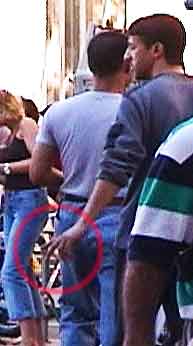
The program Lie to Me will raise awareness of behavior and expressions. The security industry has tried to analyze and write algorithms on our behavior (under stress) for many years, in the hope of catching criminals. Being on the fringe of this industry, I too use behavior observation in my work.
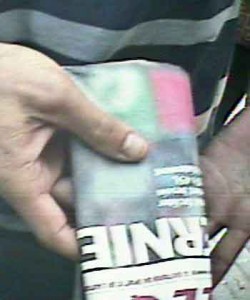
I fly as often as every three or four days somewhere around the world. Not fifty weeks out of every year but certainly 200 days. This allows an opportunity to observe airport security in extreme destinations and to see variances in protocol and personnel attitude. Are Turkish airport security screeners more alert and dedicated than the staff in Italian airports? It’s difficult to separate presumption, perception, and random security glitches (deviations from rules) from policy and practice. It’s easy to assume that a small slip-up—rudeness by a screener, letting liquid pass through an x-ray machine—is a reflection of that region’s perceived national character (whatever that is).
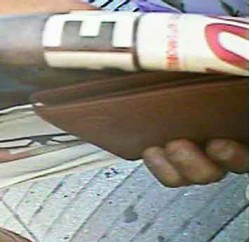
I may subconsciously jump to a conclusion and assume the screener’s irrational behavior is an extension of what we have come to know as stereotypical of that country. Yeah, the Germans are sticklers for rules, and male Italians can be flirted with and therefore social engineered to forget to look carefully at the computer screen when scanning a bag. Yes, I too, am guilty of playing these mind games on a daily basis, and it’s not only cultural “mapping” I indulge in, but also snap judgments based on general appearance: weight, neatness, mannerism, pace of work, interaction with fellow employees, to mention the obvious factors.
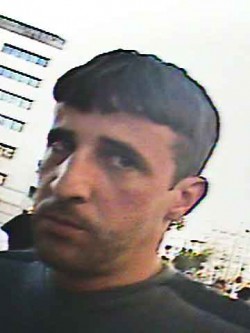
I continue this exercise in observing TSA screeners’ behavior here in the U.S. When I see outrageous gaps or poor security screening procedures, I wonder: is it a pattern? a reflection of the region? of an individual? And I keep looking.
Once hooked on pattern recognition or simply observation of human behavior, it’s tricky to turn off the wheels. It’s pretty much on all the time, straining to detect micro-expressions, excessive emotion, deceptive behavior, sneaky body language, verbal manipulation, and then, finally, trying to connect the dots: does one behavior lead to another?
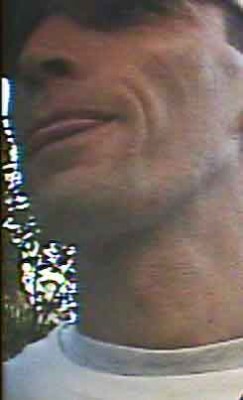
I often ask myself why I’m so intrigued by the behavior and thinking process of smart con men (versus unsophisticated street criminals). Are the Madoffs of the world more clever than the rest of us? Do they possess an undefined “cunningness skill-set” that we regular, simple, law-abiding individuals cannot imagine? Maybe we even envy these white-collar felons.
Tracking pickpockets, diversion thieves, and non-violent scammers on five continents for several decades has made me rather keen on human behavior and maybe more observant to the small telltale patterns exhibited by the bad guys. But to be any good at this one also must have some proof. A kind of a blueprint to compare to; a reference point and a database (somewhere in the back of the mind) where we store the deceitful expressions of individuals who have lied straight into our faces.
In order to spot a pickpocket in a crowd, for example, we look for characteristics that make an individual stand out. The first sign of suspicion can be simply loitering in an area—a hotel lobby, for example. Or moving through a tight crowd faster than the rest of the people. This sort of behavior-profiling does not prove anything. The subject might simply be waiting for someone, or in a hurry; but it does isolate a few individuals for closer inspection. The next step in the evaluation process of who is okay and who is questionable, is more interesting. We may now look at facial expressions, body language, dress mode, age, items carried, signs of interaction with another person. Eventually, after a few minutes of observation, we might suspect that a particular person is a pickpocket.
The first episodes of Lie to Me are discussed on Paul Ekman’s own home page. He has promised to discuss real micro-expressions versus the scriptwriters’ hokey dramatization of micro-expressions. I doubt that complex terrorist behavior will be analyzed. And yet, the first episode did contain a few basic expressions taught in interrogation courses. Not that these observations belong exclusively to Paul Ekman’s research.
I think we’ll see a lot of interesting opinions on security blogs and in security magazines once the program catches on. How much will be revealed and what can the general public learn from this? Will there now be an avalanche of new self-help books hitting the market making astute observers into amateur sleuths at cocktail parties? What about a whole new trend of computer games in which we let our web cams read our faces while we answer questions. The possibilities are endless and so are the levels of sophistication this can be taken to. A whole new mind-set of virtual behavior: guessing, cheating, catching lies—where will it end? Lie to Me has, in one swift move, opened a Pandora’s box and there is now no way of putting the “expressions” back where they were before the program was broadcast.Will this become a popular program? Will writers be able to come up with new twists that hold the interest of Fox Network’s demographics?
But there’s a deeper purpose and a great moment in our present recessionary time to look at our soul. A need for self-examination, and to learn how to recognize deceitful behavior. We are at a vital turning point in our history; we need to create a whole new value set for our young people. Now is the time when excessive greed and manipulation of rules for our own gain need to be exposed for what they are, not secretly admired. Bending the rules, hiding the facts, manipulating truth with diversion techniques (like a magician), need new labels and different interpretations. Something to be despised, and exposed at any cost. Whistle blowers must get their days of attention. White-collar chicanery in the last decade has caused as much harm as drug dealing.
But this is not a political blog, so I will go back to the core issue in another, later post. That will be on reading emotion in people by observing micro-expressions.
![]()




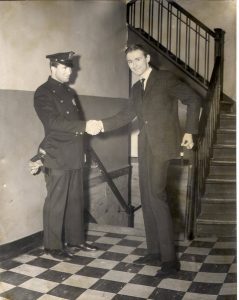
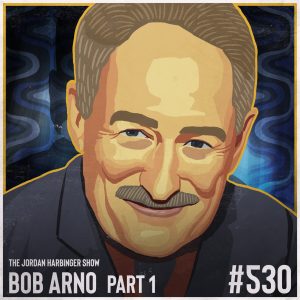
No comment yet, add your voice below!